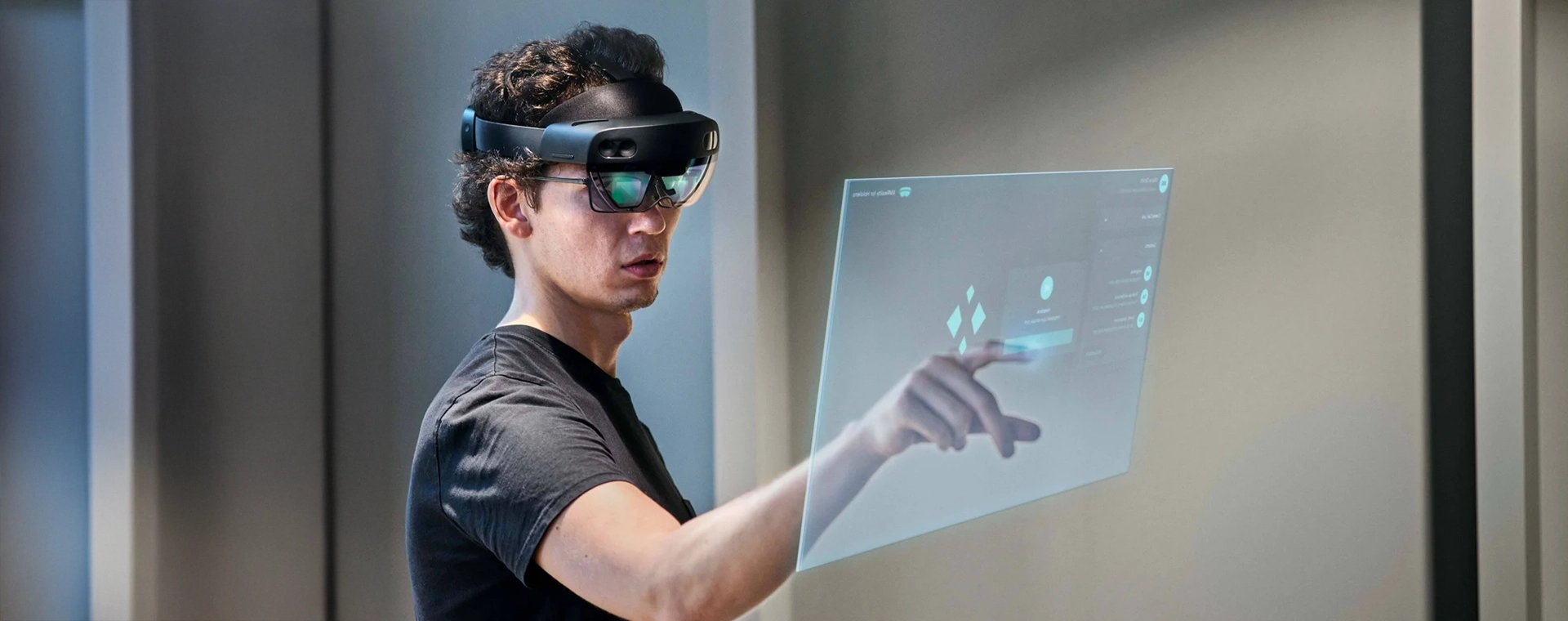
Explore the Exciting World of Augmented Reality with These Free Tools
With a myriad of possibilities offered by Augmented Reality and its versatile capabilities, it is changing the horizon of the business world, and it is the dawn of AR. And AR is developing
If you have ever sat in a chair in the role of developer, you know the effort that goes behind creating an app. If it incorporates technologies like 3D and AR, you might fall even deeper into the abyss of the development process.
With the increasing appeal of technologies like AR and VR, several free and open-source augmented reality tools are now accessible in the market. Before we jump into exploring the number of AR SDK tools available in the market, let's have a look at what SDK tools are;
What are AR SDK tools?
An SDK, also known as a Software Development Kit, is an augmented reality software that bundles programs and software used for developing AR software. While working on the development process on the web, SDKs can be used to handle complex threads, organize them, and transform them into something different.
The primary advantage of an SDK is that it allows developers to use typical and proven solutions and shortcuts in development instead of solving all generic and typical problems individually, which can be time-consuming. Building simulations is a complex task that requires the right AR tools and resources.
Top 5 Augmented Reality Tools

Vuforia:
Vuforia stands out as one of the pioneers in the augmented reality space. Developed by PTC, Vuforia provides a robust platform for creating AR applications across various industries. Its advanced computer vision technology allows developers to build marker-based and markerless AR experiences seamlessly. With features like object recognition, Vuforia empowers developers to overlay digital content onto real-world objects, enhancing user engagement and interaction.
Wikitude:
Wikitude has earned its spot among the top Augmented Reality tools by offering a versatile and user-friendly platform. Known for its cross-platform capabilities, Wikitude supports both iOS and Android, making it an ideal choice for developers targeting a broad audience. Wikitude's key features include marker-based and location-based AR, enabling developers to create applications that respond to specific geographic locations. This AR tool is particularly popular for AR applications in tourism, navigation, and education.
ARKit:
Developed by Apple, ARKit is a powerful AR framework exclusively designed for iOS devices. ARKit leverages the capabilities of Apple's devices, such as the iPhone and iPad, to deliver high-quality augmented reality experiences. With features like world tracking, scene understanding, and motion tracking, ARKit enables developers to create immersive AR applications that seamlessly integrate with the real world. The continuous updates and improvements from Apple contribute to ARKit's position as a leading AR development tool.
ARCore:
On the Android side of the spectrum, ARCore is Google's answer to augmented reality development. Compatible with a wide range of Android devices, ARCore empowers developers to create AR experiences that reach a vast user base. It provides essential features like motion tracking, environmental understanding, and light estimation. ARCore's ability to blend virtual content with the real world makes it a valuable tool for applications ranging from gaming and education to retail and beyond.
ARToolKit:
ARToolKit is an open-source AR framework that has been a staple in the AR development community for many years. Known for its flexibility and extensibility, ARToolKit supports a wide range of platforms, including Windows, Linux, iOS, and Android. Developers appreciate its marker-based tracking capabilities, making it suitable for various applications, including gaming, advertising, and educational projects. The open-source nature of ARToolKit encourages collaboration and innovation within the AR development community.
Final Thoughts
The demand for augmented reality technology is increasing day by day, and Augmented Reality tools are playing a crucial role in shaping the future of digital experiences. Whether you are a seasoned developer or a business looking to leverage AR technology, exploring these tools can open up a world of possibilities for creating immersive and captivating augmented reality applications. Embrace the future of technology where the boundaries between the virtual and real world blur, and innovation knows no limits.